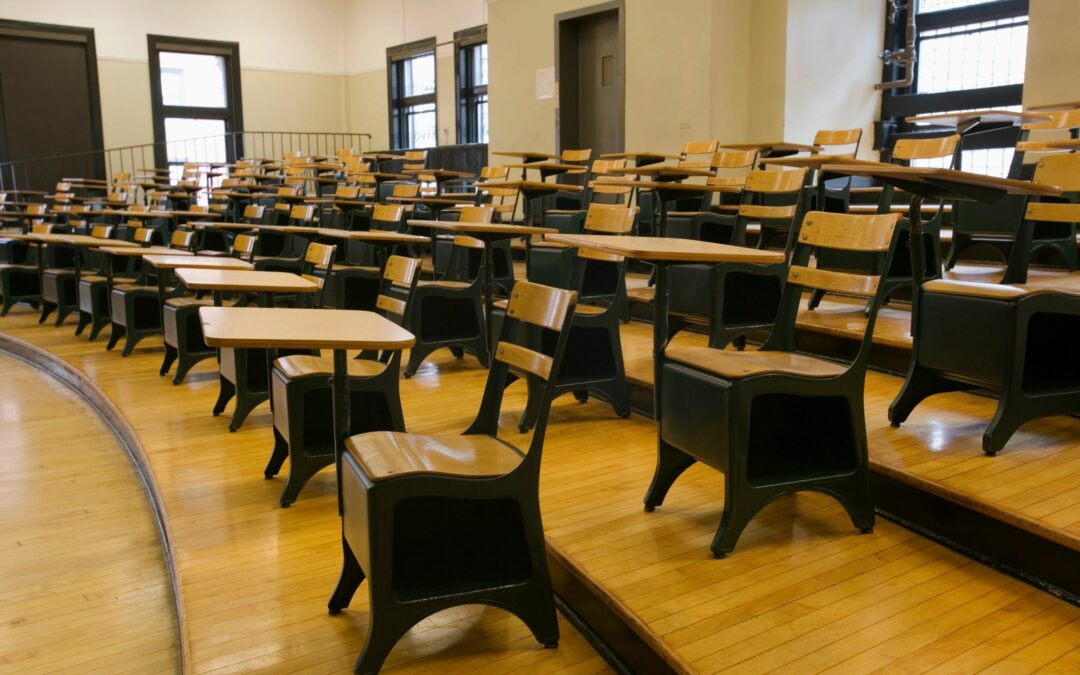By Bobby Karl* and Dave Maiorana
In a precedential decision, issued June 14, 2019, the Federal Circuit affirmed the PTAB’s ruling against the University of Minnesota, declining to dismiss petitions for inter partes review (“IPR”). The court rejected the university’s argument that sovereign immunity shielded its patents from IPR, and it explicitly held that sovereign immunity does not apply to IPR proceedings. See Regents of the University of Minnesota v. LSI Corp., No. 18-1559 (Fed. Cir. 2019). We recently discussed the IPR proceedings and PTAB decision in this matter here.
This decision parallels a 2018 Federal Circuit ruling involving tribal sovereignty where Allergan collaborated with the Saint Regis Mohawk Tribe to transfer patent rights to the Tribe in an effort to avoid IPR. See Saint Regis Mohawk Tribe v. Mylan Pharmaceuticals Inc., 896 F.3d 1322 (Fed. Cir. 2018). Although the court in Saint Regis declined to address state sovereign immunity, it decided here that while tribal and state sovereignty are not equal, “state and tribal sovereign immunity do not differ in a way that is material to the question of whether IPR proceedings are subject to state sovereign immunity.” LSI Corp., Slip-op. at 25.
While acknowledging that states typically enjoy sovereign immunity from proceedings brought by private individuals in Article III forums or agency adjudications, the court noted an exception to this in suits brought by the United States, and, by extension, agency proceedings. The central question then, for the court, was whether IPRs are more like Article III proceedings or agency action.
In deciding states do not enjoy sovereign immunity in IPR proceedings, the court reiterated the same factors it did in Saint Regis to emphasize the administrative nature of an IPR. First, although a private party must petition for IPR it is the politically appointed Director who decides whether to institute, not the private party. Id. at 21.
Second, unlike the adversarial proceedings of an Article III court, which terminate when there is no longer a “case or controversy,” once an IPR is instituted the proceeding can continue without either party participating, and even if “the petitioner stops participating, the Board may continue on to a final written decision.” Id. at 17, 22.
Finally, the IPR procedure is distinct from normal civil litigation because the Federal Rules of Civil Procedure do not apply, there are only limited discovery and live hearings, and unlike in district court a patent owner may amend its claims during IPR. Furthermore, looking at the history and institution of IPR, the court said it is clear that the USPTO sought to harness third parties to help the agency to evaluate if a prior grant of the public franchise was incorrect. Therefore, although third parties are involved, that does not change the adjudicative character of the IPR.
To further strengthen its reasoning, the court went on to construe the Supreme Court’s holding in Oil States Energy Servs., LLC v. Green’s Energy Grp., LLC, 138 S. Ct. 1365 (2018) as supporting the conclusion that IPR is “an adjudication of public rights, and therefore able to be resolved in a non-Article III forum, because it is in key respects a proceeding between the United States and the patent owner.” LSI Corp., No. 18-1559 at 23.
Although not present in the facts of the case, the court also raised the troubling idea that if state-owned patents were shielded from IPR proceedings, “nothing would prevent a state from lending its sovereign immunity to private parties.” Id. at 27. This, the court says, would undermine Congress’ purpose in creating post-grant administrative procedures.
The court also provided additional views agreeing with the concurring opinions to the PTAB’s decision that IPRs are in rem proceedings similar to a bankruptcy and not subject to state sovereign immunity.
Takeaways
Although the Supreme Court denied certiorari in Saint Regis, this decision implicating state sovereign immunity may increase the chances of the Supreme Court granting the almost certainly forthcoming petition from the University of Minnesota. With the significant number of state universities that have been granted patents since the passage of Bayh-Dole, there should be significant interest in any Supreme Court petition.
*Bobby Karl is a 2019 Summer Associate in Jones Day’s Cleveland Office
David Maiorana
Latest posts by David Maiorana (see all)
- PTAB Denies Motion for Joinder After Unsuccessful District Court Invalidity Challenge - January 31, 2025
- Imprecise Claim Charts and Improper Incorporation By Reference Result in Institution Denial - November 4, 2024
- Institution Denied for Failure to Show Disclosure in Provisional Application - September 13, 2024

